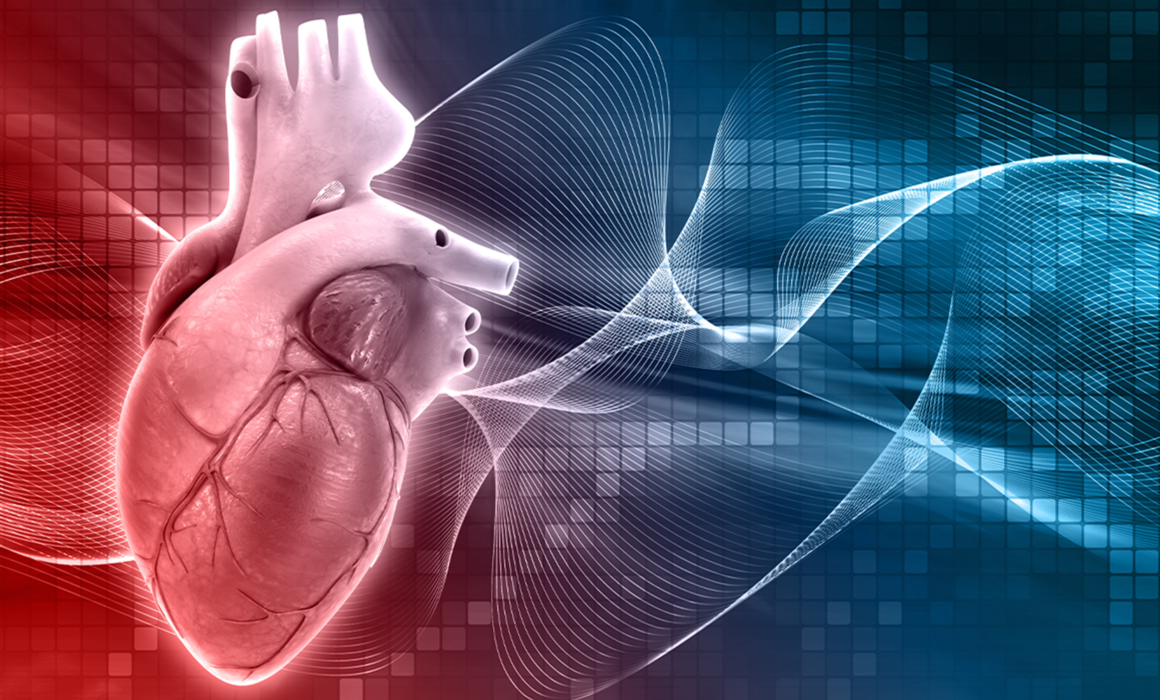Scientists have known that chemotherapy can damage the heart muscle. But what about the reverse — can heart disease impact cancer?
A research team led by Professors Ami Aronheim and Yuval Shaked of the Rappaport Faculty of Medicine at the Technion, with colleagues from Carmel Hospital, have found that early changes in the size, shape, or function of the heart caused by heart disease or injury, collectively known as cardiac remodeling, promotes cancer progression. The study, published in Circulation, demonstrates that catching and treating heart disease early on in cancer patients might help cardio-oncologists slow tumor progression and improve cancer outcomes.
We recommend you treat heart problems early, when the body is still successfully coping with the problem, and not wait for a chronic condition,” said Prof. Aronheim. “Such problems can be detected with a simple echocardiography test, and in many cases, early catheterization may help to slow cancerous development.”
To mimic cardiac remodeling, the team exerted mechanical pressure on the heart of laboratory mice. The technique, known as transverse aortic constriction (TAC) stresses the mouse’s heart with a pressure overload resulting in an increase in heart cell growth that is common of cardiovascular complications in humans. The team then implanted cancer cells in the mice to see if the early cardiac changes affect tumor progression.
The researchers found the mice developed larger tumors at the site of the implanted cancer cells and demonstrated a higher rate of metastasis than the control group. The cells of the TAC-operated mice also displayed more of the tumor-promoting protein periostin. When researchers added purified periostin to test tube samples, the cancer cells multiplied, whereas reducing the protein lowered the cell proliferation.
The research was supported by the Israel Science Foundation, illustrating the importance of the Technion for Israel’s advancement in the basic sciences.


